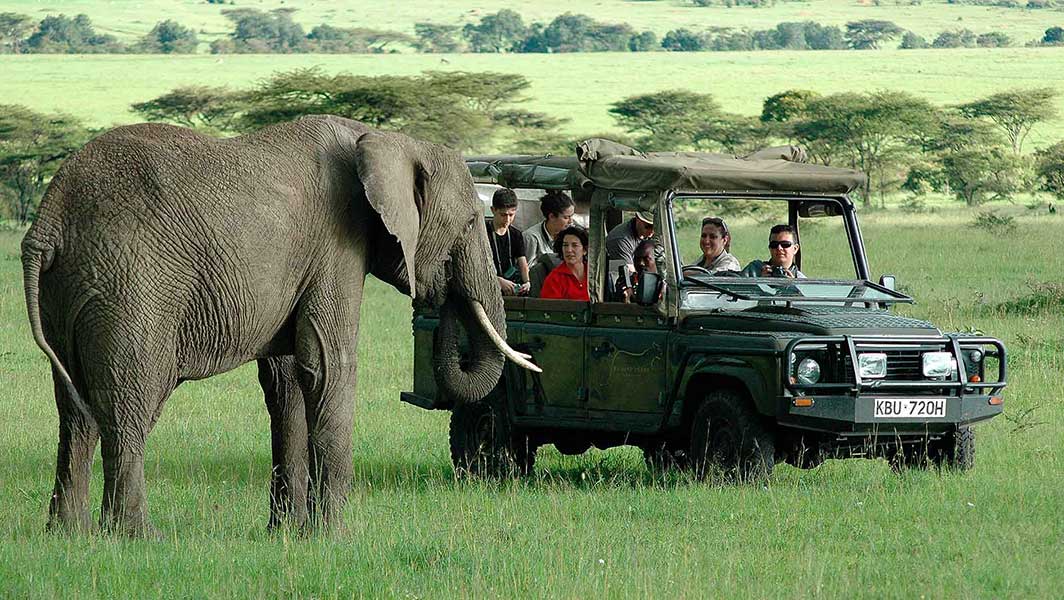Imagine traveling with your family on an African safari, venturing on a yacht expedition, or merely crafting your perfect dream safari. This is Safari Experts. We build memorable, extraordinary travel experiences that are uniquely yours. These are memories and stories you will share with your family forever and pass on to future generations.

